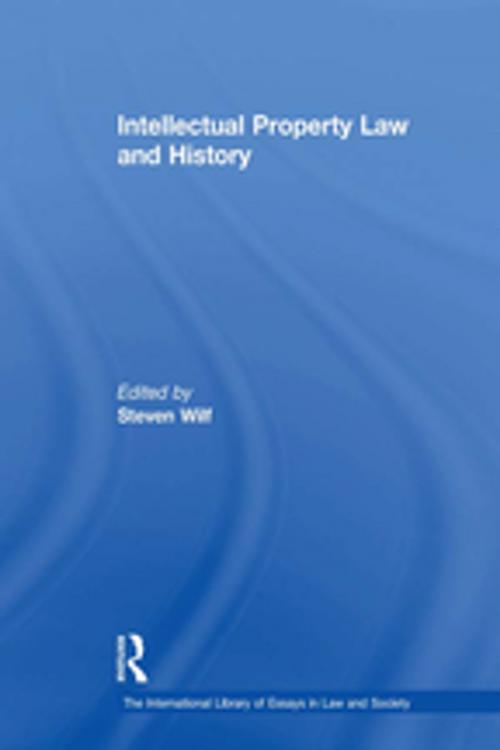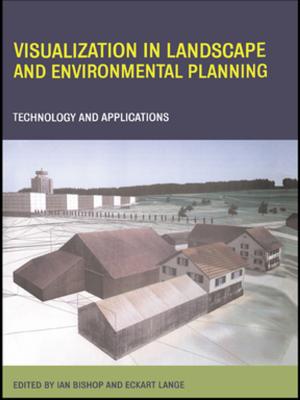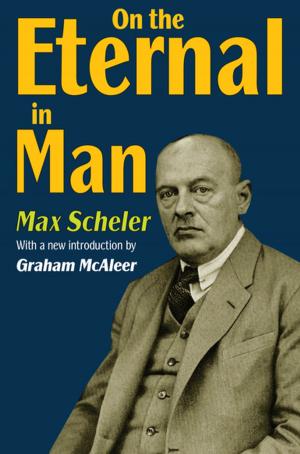| Author: | ISBN: | 9781351562652 | |
| Publisher: | Taylor and Francis | Publication: | July 5, 2017 |
| Imprint: | Routledge | Language: | English |
| Author: | |
| ISBN: | 9781351562652 |
| Publisher: | Taylor and Francis |
| Publication: | July 5, 2017 |
| Imprint: | Routledge |
| Language: | English |
Intellectual property has become a dominant feature of our knowledge based economy in recent years, but how has property rights in intangible items developed? This book brings together for the first time exemplary scholarship with diverse approaches to the history of United States intellectual property protection, including trade secrets, trademark, copyright, and patent law. These articles, written by leading experts in the field and often challenging conventional narratives, underscore the importance of historical perspectives for understanding how an extensive, evolving framework for the regulation of knowledge emerged in the modern period. By tracing intellectual property from an historical perspective - not merely providing justifications in philosophy or economics in the abstract - this book draws upon the past to address contemporary debates over such varied topics as: access to knowledge; policing copyright infringement; whether employees should own the products of their minds; the role of national borders in an age of digital information; and the very future of intellectual property as stakeholders and consumers contest the extent of its legal protection.
Intellectual property has become a dominant feature of our knowledge based economy in recent years, but how has property rights in intangible items developed? This book brings together for the first time exemplary scholarship with diverse approaches to the history of United States intellectual property protection, including trade secrets, trademark, copyright, and patent law. These articles, written by leading experts in the field and often challenging conventional narratives, underscore the importance of historical perspectives for understanding how an extensive, evolving framework for the regulation of knowledge emerged in the modern period. By tracing intellectual property from an historical perspective - not merely providing justifications in philosophy or economics in the abstract - this book draws upon the past to address contemporary debates over such varied topics as: access to knowledge; policing copyright infringement; whether employees should own the products of their minds; the role of national borders in an age of digital information; and the very future of intellectual property as stakeholders and consumers contest the extent of its legal protection.















